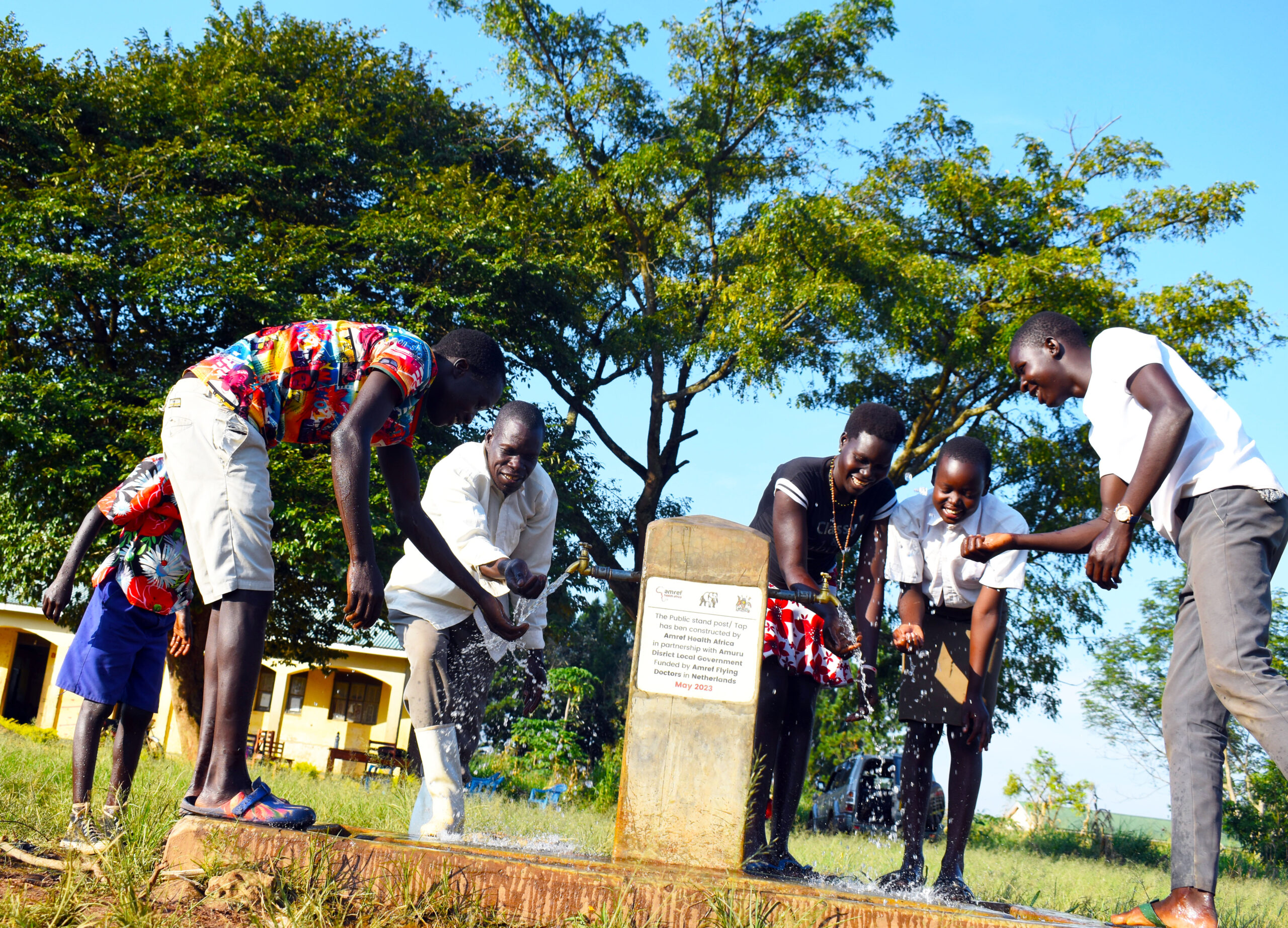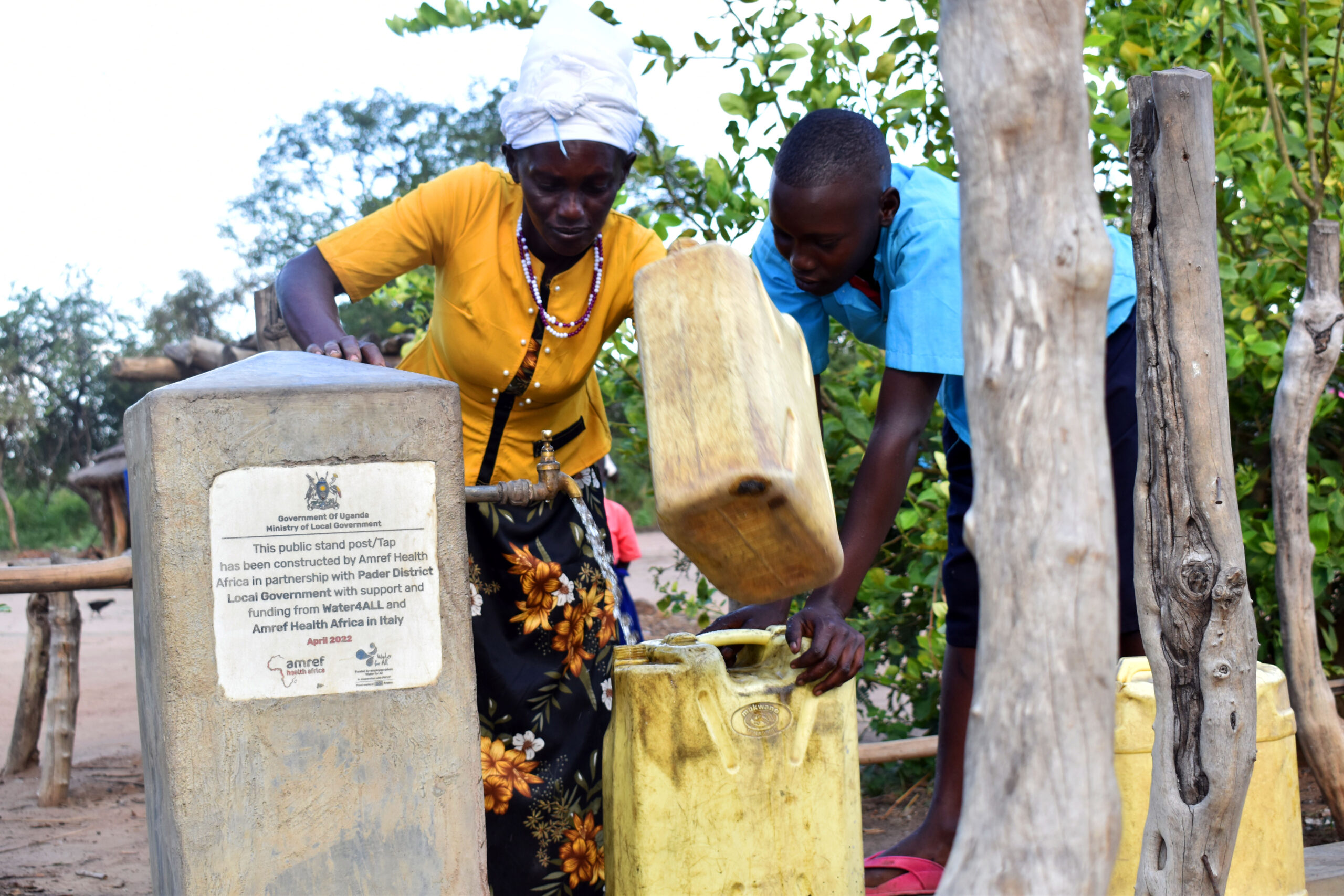Menstrual Hygiene Day 2024: Why Menstrual Hygiene is Now a Global Priority
Monday, 27 May, 2024

In the tapestry of human history, menstruation has always been a constant, yet its discussion and the approach to menstrual hygiene have undergone significant transformations. As we commemorate Menstrual Hygiene Day on May 28th, it’s crucial to understand why menstrual hygiene has become a focal point in contemporary discourse and what changes have catalysed this shift.
The Evolution of Awareness
Historically, menstruation was shrouded in secrecy and stigma, with discussions often relegated to hushed tones behind closed doors. This culture of silence perpetuated myths and misinformation, leaving many girls and women without the knowledge they needed to manage their menstrual health effectively. However, in recent years, there has been a concerted global effort to break these taboos and promote open conversations about menstruation.
In Uganda, menstrual hygiene management remains a significant challenge, impacting the education of many girls. A considerable percentage of schoolgirls face difficulties in managing their menstruation, leading to frequent absenteeism and, in severe cases, dropping out of school entirely.
Studies and surveys indicate that approximately 28% of girls in Uganda miss school due to menstrual-related issues. The reasons for absenteeism include a lack of access to sanitary products, inadequate facilities for managing menstruation at school, and the stigma and embarrassment associated with menstruation. Many schools lack private and clean washrooms, water supply, and disposal facilities for sanitary products, making it difficult for girls to manage their periods discreetly and hygienically.
Furthermore, the financial burden of purchasing sanitary pads is a significant barrier for many families, particularly in low-income areas. This economic challenge exacerbates the issue, as girls often resort to using improvised and less effective materials, leading to discomfort and health risks.
The impact of menstruation on education extends beyond absenteeism. The fear of leaking and the associated stigma can affect girls’ concentration and participation in class, ultimately hindering their academic performance. In some cases, the accumulated days of missed school contribute to poor academic outcomes, increasing the likelihood of girls dropping out of school altogether.
Efforts are being made to address these challenges. NGOs and government initiatives are working to provide free or affordable sanitary products, improve school facilities, and educate communities about menstrual health. Comprehensive sexual and reproductive health education programs are also being implemented to reduce stigma and promote a supportive environment for girls.
Despite these efforts, significant work remains to ensure that all girls in Uganda have access to the resources and support they need to manage their menstruation without compromising their education.
Education and Advocacy
One of the most significant changes is the increased focus on education and advocacy. Organizations, activists, and public health campaigns have worked tirelessly to normalize conversations about menstruation. The aim is to educate not only girls but also boys and men, fostering a more inclusive understanding of menstruation. Comprehensive sexual and reproductive health education in schools now often includes modules on menstrual health, helping to dispel myths and promote empathy.

Accessibility and Equity
Despite progress, many girls and women still face challenges in managing their periods. Access to sanitary products remains a significant issue, particularly in low-income regions. The financial burden of purchasing sanitary pads or tampons can be prohibitive, leading to what is known as “period poverty.” This can result in girls missing school during their periods, perpetuating cycles of disadvantage.
Innovative solutions are emerging to tackle this issue. Initiatives such as providing free sanitary products in schools, public places, and workplaces, along with the development of affordable, reusable products like menstrual cups and cloth pads, are making a difference. Moreover, governments and NGOs are increasingly recognizing menstrual health as a public health and human rights issue, integrating menstrual hygiene management into broader health and social policies.
Addressing Menstrual Pain and Health
Menstrual pain, or dysmenorrhea, is another critical aspect that is gaining attention. For too long, menstrual pain was dismissed as a trivial issue, leaving many to suffer in silence. Now, there is a growing recognition of the need to address menstrual pain with proper medical support and to raise awareness about conditions like endometriosis that can severely impact quality of life. Medical research is being directed towards better understanding and treating menstrual pain, ensuring that it is taken seriously in healthcare settings.
Engaging Boys and Men
One of the lingering gaps in menstrual education is the involvement of boys and men. For genuine progress, it is essential to include them in the conversation. Menstrual health is not just a women’s issue; it is a societal issue. Boys and men need to be educated to understand menstruation, break the cycle of stigma, and support the women and girls in their lives. Inclusive education programs and public awareness campaigns can play a pivotal role in achieving this.
The Role of Media and Technology
The rise of social media and digital platforms has played a transformative role in changing the narrative around menstruation. These platforms have provided a space for individuals to share their experiences, advocate for change, and build communities of support. Campaigns like #PeriodPositive and #MenstruationMatters have brought menstrual health into the mainstream, reaching a global audience and mobilizing action.
As we celebrate Menstrual Hygiene Day, it’s evident that the conversation around menstrual health has evolved significantly. We are moving towards a world where menstruation is no longer a source of shame but a natural, manageable aspect of life. By continuing to educate, advocate, and innovate, we can ensure that every girl and woman has the resources and support she needs to manage her menstrual health with dignity. This transformation is not just about providing sanitary products; it’s about fostering a society where menstruation is understood, accepted, and supported by all.
By Lilian Kamanzi Mugisha – Communications and Fundraising Manager Amref Health Africa in Uganda
Amref Health Africa teams up with African communities to create lasting health change.




Comments
No comments found.